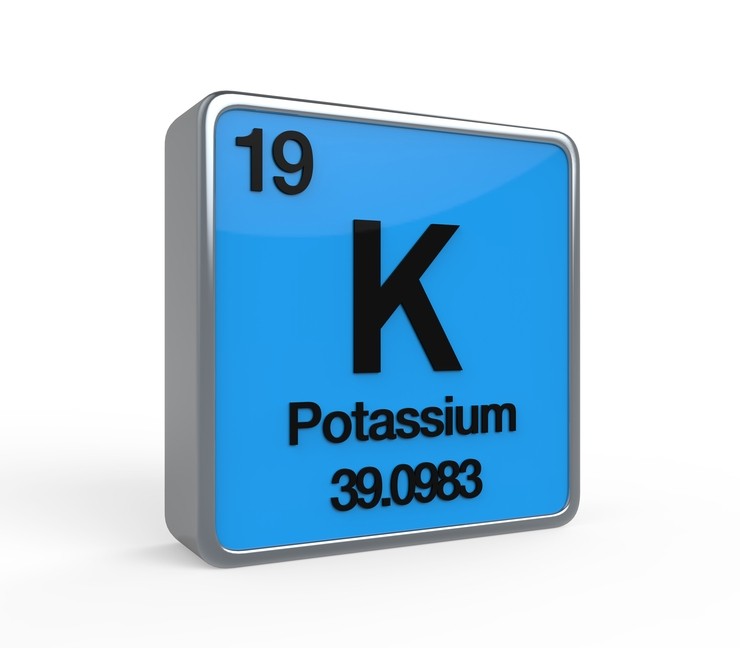Can potassium affect your body clock?

Significant fluctuations in RBC potassium levels, which followed the circadian rhythm, were discovered by researchers from the University of Surrey.
RBC potassium concentrations increased during the day and declined at night.
The scientists used pharmacological chemicals to either increase or block the transport of potassium ions to the cells and analysed the RBC concentrations using dielectrophoresis (DEP). By manipulating the levels of potassium levels in the cells, the scientists were able to extend or even block the circadian cycles.
"This exciting discovery gives us a unique insight into the workings of red blood cell membrane physiology and its clock mechanism - where ion transport seems to be of particular importance,” commented lead researcher Dr Fatima Labeed.
Significance
RBCs do not possess DNA and unlike other cells, do not have clock genes. The circadian regulation mechanism of RBCs has therefore been unknown up to this point. The study was the first to conduct an external manipulation of RBCs in order to alter the period of their circadian rhythm.
The findings may eventually enable the researchers to determine the reason for the high frequency of cardiac events occurring during the early hours.
“The study of circadian rhythms in red blood cells can potentially help us understand when and why heart attacks mostly occur during the morning. We will be looking into this further in our forthcoming studies," said Labeed.
Previous research has shown that disruption of the internal body clock is associated with chronic diseases and dysregulation of inflammatory processes.
The study results may also prompt further investigation of whether potassium status is relevant in sleep disorders. A small intervention trial had previously demonstrated that oral potassium might increase sleep efficiency.
Finally, this is the first study to perform circadian analysis using DEP, a novel technique which permits a large number of assays to be produced in a relatively short time. This may be important in electrophysiological analysis (the study of the flow of ions in biological tissues) in humans.
“If the circadian electrophysiological rhythms in isolated RBCs also occur in vivo, DEP may be of diagnostic utility. In future, it will be important to determine whether RBC electrophysiology shows diurnal variation in blood from healthy individuals under natural lighting conditions over several days, as well as under constant conditions,” concluded the researchers.
Source: Nature Communications
Volume 8, article 1978, published online 7 December 2017, doi: 10.1038/s41467-017-02161-4
Rhythmic potassium transport regulates the circadian clock in human red blood cells
Authors: Erin A. Henslee, Fatima H. Labeed, et al















